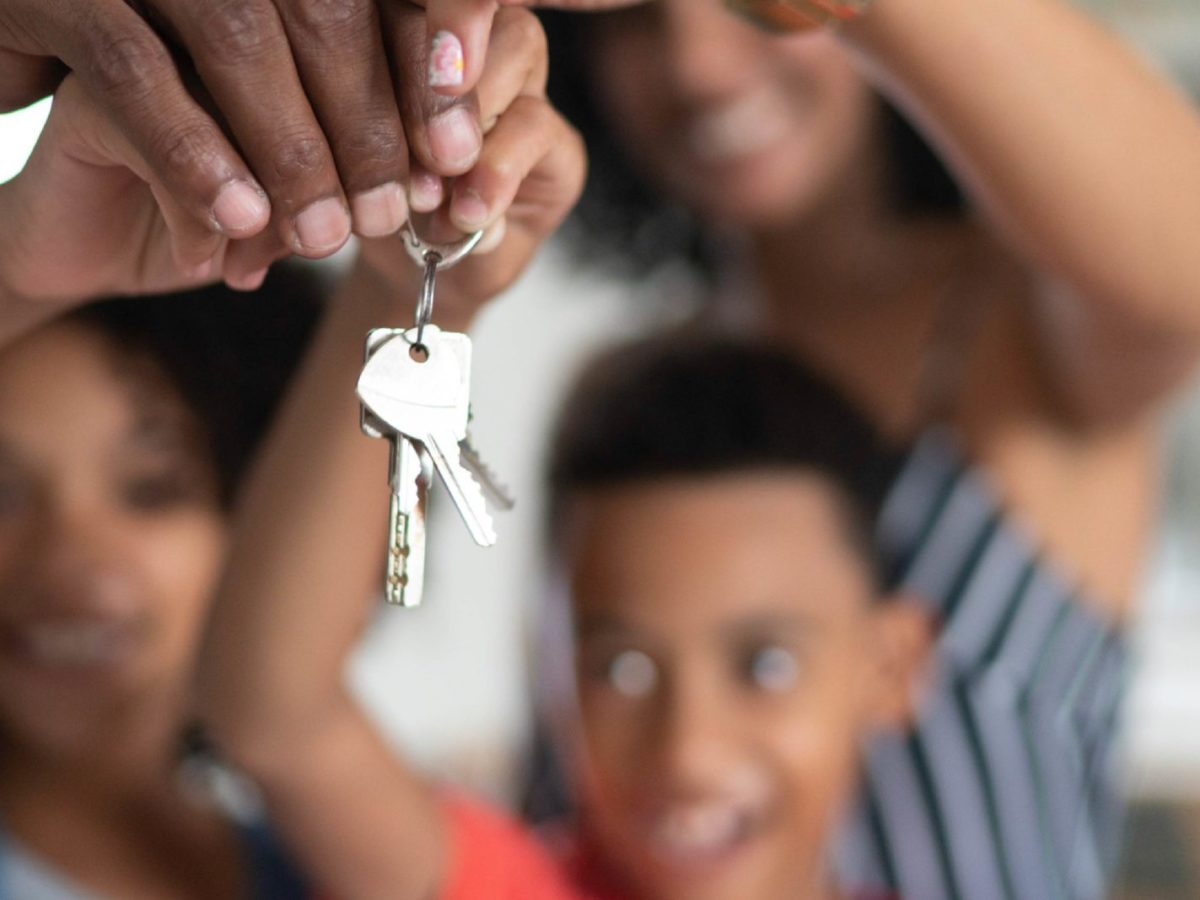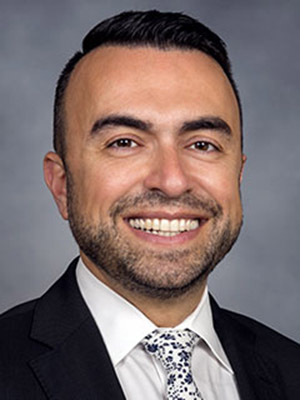
A safe stable home is the foundation every person needs to thrive. How can we expect people to maintain or improve their health if their very basic needs aren’t being met?
Unfortunately, affordable housing is becoming more difficult to find. The rising costs of housing leaves a growing number of families more likely to live in unsafe housing and more likely to encounter environmental contaminants that damage their health and well-being.
At Kaiser Permanente, we’re deeply concerned about this issue and are committed to being part of the solution. Every day, 12.2 million members trust our top-notch physicians and nurses in matters of life and death — but delivering the best care in the industry is not enough to keep anyone healthy if they don’t have a roof over their head.
Our housing crisis is a health crisis — and it’s time to sound the alarm.
A growing problem: How did we get here?
This crisis didn’t happen overnight. Since 2000, the availability of affordable housing has declined.
Renter’s incomes have not kept pace with housing costs. The U.S. Department of Housing and Urban Development reports that that the percentage of “rent-burdened” households — households paying more than 30 percent of their income for rent — increased from 40 percent in 1999 to 48 percent in 2015.
The problem is not confined to America’s biggest cities. A recent study found that, for extremely low-income renters in rural locations, there were only 69 housing units available for every 100 renters.
A stable home is the foundation every person needs to thrive
The burden of the severe cost of housing leaves a growing number of families more likely to live in unsafe housing and more likely to encounter environmental toxins like lead paint, poor indoor air quality from factors such as mold, inadequate heating or cooling — all of which are clearly linked to poor health outcomes such as asthma or nervous-system damage.
Our lack of affordable housing is fueling rapid increases in homelessness, which has direct and significant effects on our health, too.
Homelessness increases the level and amount of care we need to give, even as it limits how successful that care can be. Overall, mortality rates among people experiencing chronic homelessness are 3 to 4 times that of the general population.
The financial stress associated with unsafe or unstable housing leaves adults particularly vulnerable to poor health. Housing instability is also associated with health problems among youth, including increased risks of early drug use, depression, and teen pregnancy
Unaffordable housing impacts our country’s economic health, too
Many companies now struggle to hire a workforce that can afford housing — a problem we’re acutely aware of here in the San Francisco Bay Area. Among families who do not own a home, a growing number cannot afford their monthly rent: 1 in 4 of these families are just a single paycheck away from being homeless.
Stable and affordable housing allows low- to moderate-income individuals the opportunity to pursue financial stability, which supports business and economic growth in local communities.
The multifaceted nature of this problem is exactly why everyone — from policymakers to city planners, from business leaders to health care providers — needs to be contributing to solutions. Solving this problem requires an “all hands on deck” approach.
What Kaiser Permanente is doing about it
For our part, Kaiser Permanente is taking many steps to address this problem.
Partnering for change: As a founding member of the Healthcare Anchor Network, we are joining with our peers in the health care industry to connect the dots between housing and health.
Just last week, I participated in a Healthcare Anchor Network-sponsored Congressional briefing to raise awareness among lawmakers in Washington, D.C., and to advocate for actionable policy solutions.
We’re also embarking on an effort to end homelessness for older individuals — a quickly rising age demographic — in Oakland, California. As part of this effort, we partnered with city, county, and nonprofit partners to identify solutions to house more than 500 people over 50 years of age with a chronic medical condition. Our hope is that we can use this partnership model to expand to more locations and people in the coming months.
Advocating for policy solutions: Through our partnership with CityHealth, Kaiser Permanente advocates for affordable housing and inclusionary zoning laws at the local level.
We’ve supported policy changes at the state and federal level as well. At the state level, for example, we endorsed the $4 billion Veterans and Affordable Housing Act of 2018 that was approved by California voters in November.
To promote positive policy reforms at the federal level, Kaiser Permanente joined “Mayors & CEOs for U.S. Housing Investment” as its largest corporate partner. Mayors & CEOs for U.S. Housing Investment, a project of the National League of Cities, is a bipartisan coalition of 24 mayors and several business leaders who have publicly committed to advancing public-private partnerships that take on affordable housing and homelessness, and actively oppose federal funding cuts.
Committing financial resources: Last May, Kaiser Permanente announced our impact investment of up to $200 million through our “Thriving Communities Fund.”
With an initial $15M commitment and in partnership with Enterprise Community Partners, we’ve launched the Bay Area Housing for Health Fund, which will purchase affordable multi-unit properties in Oakland and the greater Bay Area, and protect residents from substantial rent increases. This work will help us measure the health benefits of housing stability over time.
Also in partnership with Enterprise Community Partners, we’ve created the $100 million “RxHome Fund,” which provides low-cost, long-term lending to new housing development and affordable housing preservation in all the communities we serve in the United States.
Inspiring others to follow our lead: We believe in leading by example. That’s why we are inviting other organizations to join our commitment to invest in housing. Specific opportunities are available to co-invest in our Bay Area Housing for Health Fund to preserve multi-unit housing for low income residents throughout our service areas across the nation.
Let’s be clear: Without swift action, our housing crisis and the resulting homelessness crisis will only continue to rise. The time to act is now. We hope you’ll join us — the health of our communities cannot wait.
